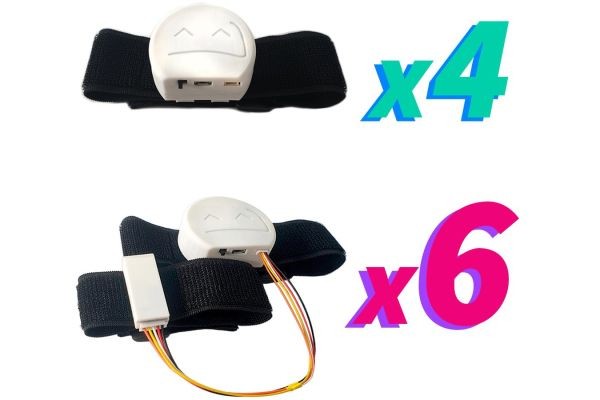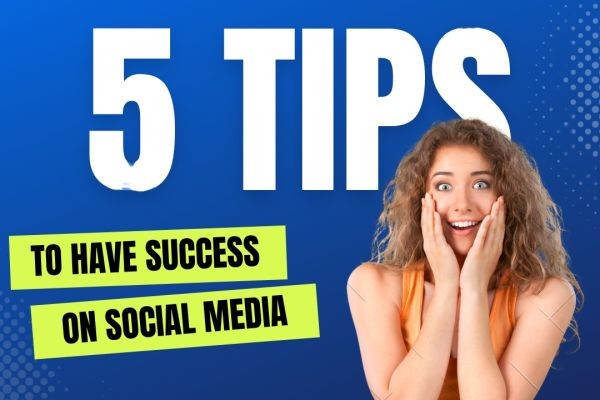Introduction
The metaverse is here. We've been imagining it for years, but now it's happening. The Oculus Go headset, released in May 2019, is the first step towards realizing this vision. While we're still not quite there yet (you can't use it without a phone), this is the beginning of something big. It's a glimpse into what our future might look like: immersive experiences and technologies that will change how we interact with each other forever. And that's where Facebook comes in...
Oculus is in a bad place.
Oculus is in a bad place.
Oculus was acquired by Facebook for about $2 billion in 2014, and has been struggling to find its identity ever since. Oculus's founder Palmer Luckey left the company last year (and was replaced by former Googler Hugo Barra). The two companies have also struggled with hardware design, software development and customer service; with these problems piling up, it makes sense that Facebook would want to sell off its VR unit.
This isn't the first time we've heard rumors of Oculus getting sold—but this time around the story seems more concrete than usual: Bloomberg reports that Sony has expressed interest in buying its competitor's VR business while at least one other major tech company is interested as well.
Problem
Facebook is not a social media company. It’s a data mining, ad-serving, and attention-selling machine. Facebook isn’t interested in what you do in VR; it’s interested in what you do on Facebook.
Facebook has no incentive to make the VR experience better for you—it just wants to find new ways to keep your attention on the platform for as long as possible so that advertisers can sell their products more effectively and efficiently. As such, we shouldn't expect anything from it that benefits us or our lives outside of the virtual world.
Facebook has already demonstrated its willingness to prioritize clicks over engagement with its Instant Articles product; why would we expect them not be equally willing with VR?
This is the metaverse and it's not going anywhere.
I know, I know. VR is dead. But I'm here to tell you that it's not going anywhere anytime soon. There's a market for this stuff and it's gonna keep getting bigger as the technology gets better and the cost keeps coming down. And when people start getting used to this way of seeing their world, they're not going back—especially when they already have all their apps set up in VR!
So if you're making games or working on any kind of app that involves interacting with your environment through an avatar (like social media), then get ready for VR! It's gonna be big!
The problem with Facebook isn't social media, it's Facebook.
The problem with Facebook isn't social media. It's Facebook.
The company has understandably been trying to diversify its offerings, but this is not a good strategy for the future of virtual reality or any other technology that requires years of R&D and billions of dollars to get right. In fact, it's a recipe for failure because it doesn't align with the core competencies of the company itself:
-
Facebook is not a media company - publishing stories in VR will create more problems than it solves;
-
Facebook is not a hardware company - building headsets or controllers would be an expensive distraction from what they're already good at (developing software);
-
Facebook is not a gaming company - online games have been around far too long to be considered cutting edge anymore; and lastly...
A solution
The solution is simple. Facebook needs to change its business model in order to create a viable product in the VR/Metaverse space. In order for this to happen, they need to create an ecosystem that is open and connected; more transparent and open to the public; and most importantly, more focused on the product itself.
To begin with, Facebook needs to create an ecosystem that is open and connected. The first step would be opening up Oculus Rift’s API so that it works with other headsets such as HTC Vive or Windows Mixed Reality devices (such as Dell Visor). This will allow users from different platforms access continuous streams of content without having to buy multiple headsets at once which can get expensive very quickly!
Facebook needs to change its business model in order to create a viable product in the VR/Metaverse space
Facebook needs to change its business model in order to create a viable product in the VR/Metaverse space
Facebook is dealing with a number of problems that are preventing it from growing into a platform for VR and AR experiences. The first problem has to do with the fact that Facebook is not an open platform. If you want your users to be able to access your app or game, you have to get their permission and have them sign up through your website. This means that they need to be using Facebook on desktop or mobile devices (the only way they can use apps). And if you want users who aren't already on Facebook, then you'll need some sort of marketing strategy—which can get expensive quickly. The second issue is that since most people use their Facebook account as their main identity online, it's harder for them accept other avatars as being real people—even though they may appear realistic enough otherwise
Conclusion
"The problem with Facebook isn't social media, it's Facebook." Clearly, the company has made some mistakes along the way. But there is no reason to think it will stay in this position forever. The VR market could be huge and if Oculus can find a way to monetize it, then surely there will be more investment in this area. And if Facebook wants its own piece of that pie, then they need to change their business model now before someone else does.













![SugarCrash! 2 (Notice Me Senpai) [Extended] - Bemax](https://i.ytimg.com/vi/vCp19moYuak/maxresdefault.jpg)